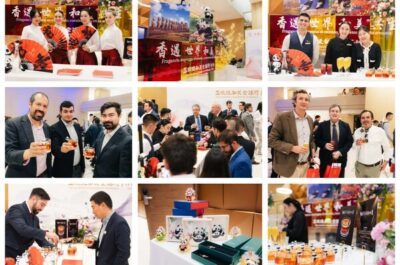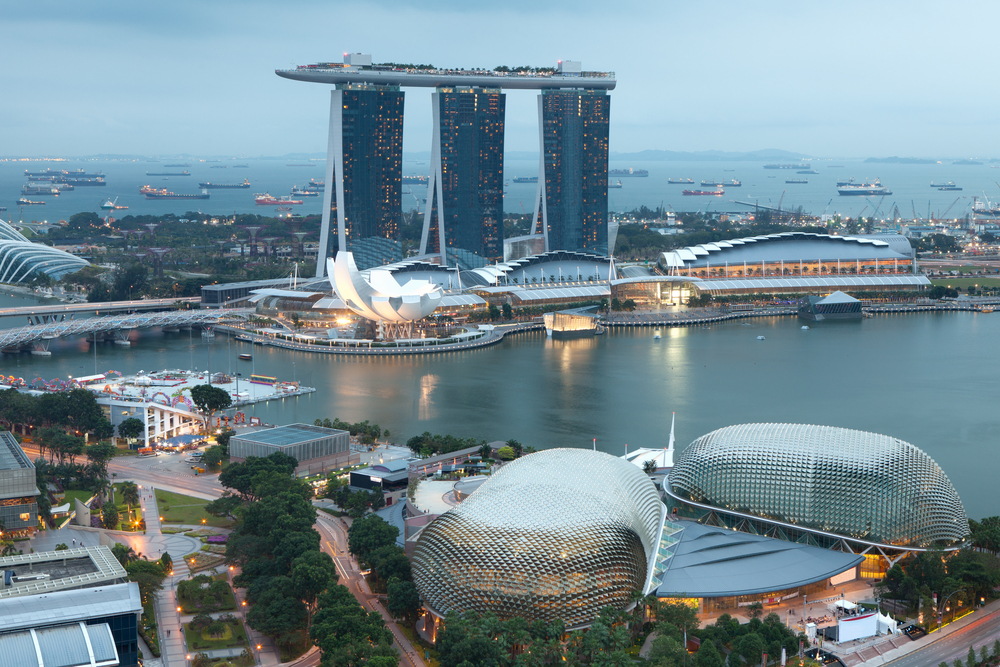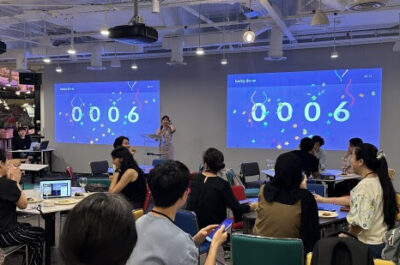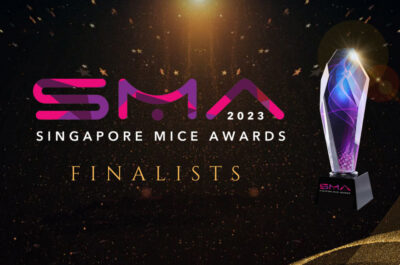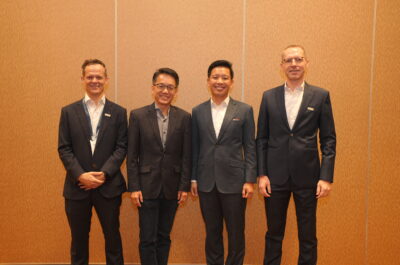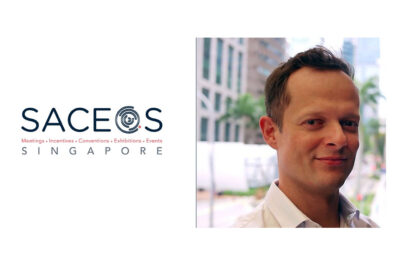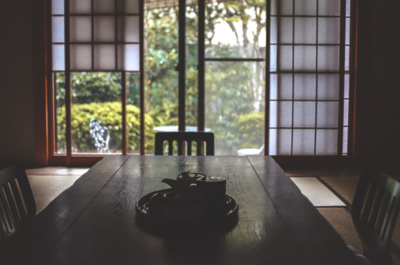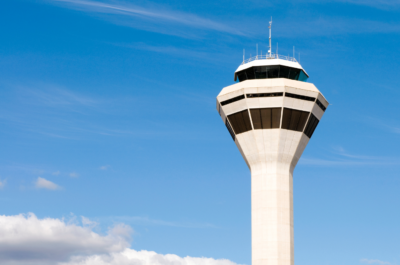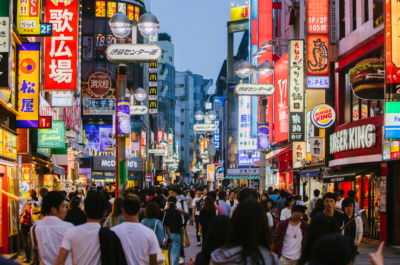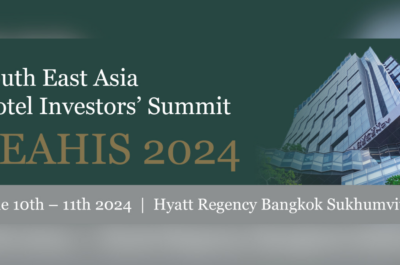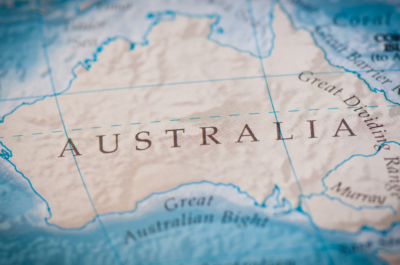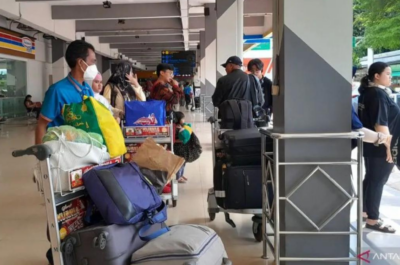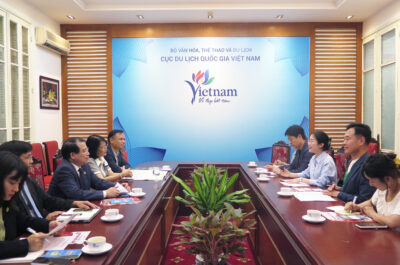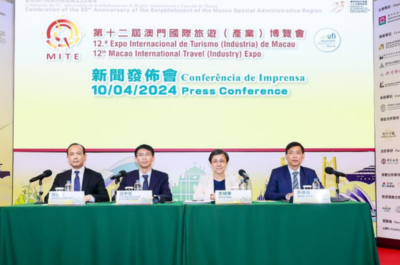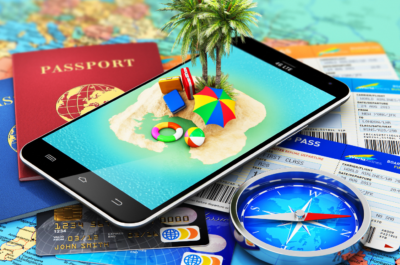The guidelines will provide guidance and best practices to the industry in reducing waste at MICE events.
SINGAPORE – To enable the Singapore MICE industry to reduce its environmental impact and align with national sustainability targets, Singapore Association of Convention & Exhibition Organisers & Suppliers (SACEOS) worked with more than 20 public and private stakeholders in the MICE value chain to develop a set of guidelines for waste management.
SACEOS and the Singapore Standards Council (SSC), which is overseen by Enterprise Singapore, launched the new Workshop Agreement (WA), known as WA 3 Sustainable MICE – Guidelines for waste management, today. Applicable to MICE events with 50 or more attendees, WA 3 provides specific guidelines for various MICE stakeholders, including event organisers, venues, event builders, food and beverage providers and exhibitors. These include setting waste management goals and reducing specific types of waste through a reduce, reuse, and recycle approach. More details on WA 3 can be found in Annex A.
The new guidelines are in line with the Singapore MICE Sustainability Roadmap which was launched on 1 December 2022. WA 3 referenced both international and national standards to help the industry organise greener events through practical guidelines and industry best practices. The guidelines are also aligned with the Singapore Green Plan 2030, which calls for a 30% reduction in waste sent to landfills by 2030.
WA 3 aims to support the sustainable transformation of the MICE industry and position Singapore as one of the most sustainable MICE destinations in Asia Pacific, and a preferred destination choice for holding green events.
To build waste management capabilities among MICE stakeholders, SACEOS will be running its first MICE Waste Management Guidelines workshop based on WA 3 on 12 April 2023. The workshop will promote awareness and provide guidance to reduce specific waste generated by each stakeholder. This will enable MICE stakeholders to start establishing specific initiatives and support companies to prepare for MICE Sustainability Certification by 2025.
Mr Sukumar Verma, Vice President, Industry & Enterprise, SACEOS, said: “Sustainability will be at the core of Singapore’s MICE industry in 2023 and beyond as we are committed to play our part in reducing the environmental impact of business events. This standard on waste management is in line with the MICE Sustainability Roadmap and provides MICE players with practical information for managing and reducing waste at events. Furthermore, the standard’s contributors recognised that waste management can be amplified through a coordinated effort, thus crafted the recommendations to promote collaboration across the value chain. This enables organisations to reduce the amount of waste to landfill per capita per day by 30%, as aligned with the SG Green Plan. We are confident that the guidelines will help the industry take another important step towards a more sustainable future.
Ms Choy Sauw Kook, Director-General (Quality & Excellence), EnterpriseSG, said: “Waste generation from MICE events is a key concern for the industry as Singapore moves towards becoming a more sustainable nation. The publication of WA 3 will support the industry’s aspirations to reduce the environmental impact through the adoption of good industry practices. EnterpriseSG will also collaborate closely with our partners to promote the wider use and application of WA 3 within the MICE industry. We will continue to develop new standards, such as guidelines for carbon neutral events, to deepen our support for sustainability. We encourage strong industry and government participation in the development of these new standards.”
MICE-Sustainability-RoadmapVicky is the co-founder of TravelDailyNews Media Network where she is the Editor-in Chief. She is also responsible for the daily operation and the financial policy. She holds a Bachelor's degree in Tourism Business Administration from the Technical University of Athens and a Master in Business Administration (MBA) from the University of Wales. She has many years of both academic and industrial experience within the travel industry. She has written/edited numerous articles in various tourism magazines.
